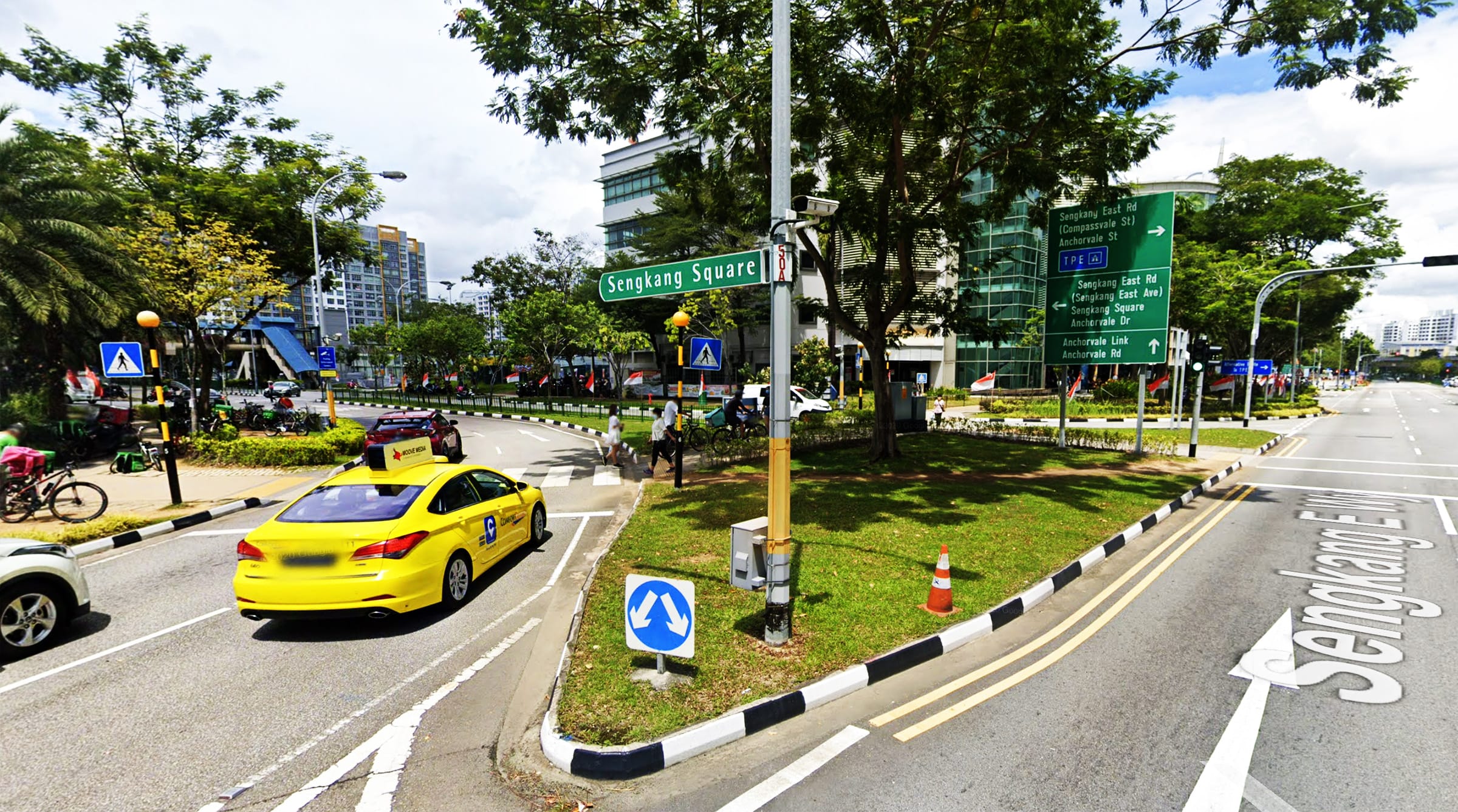Despite it being a very positive election, one of my personal frustrations with the GE2025 was the fact that the PAP has failed to win Sengkang GRC back. The reason I say this is that the constituency has become a gateway into the parliament for individuals peddling some of the most insidiously dangerous ideas.
Of course it was where Raeesah Khan was fielded, although the scandal she triggered was nothing compared to the subtle way really bad policy proposals are sold by her colleagues, who receive far more respect and attention than they deserve.
Louis Chua didn't have any qualms about contradicting himself and the party by admitting in his day job as Credit Suisse analyst that public housing in Singapore remains affordable. He did something similar again in this campaign by flipping the script and reportedly saying that housing in Sengkang became more valuable as WP was in charge (guess what, someone's high price is somebody else's high value).
This sort of cynical, manipulative politicking not only brings a bit of sick into my mouth whenever I witness it but betrays the intentions of the people using it to entice the voters. And yet they are gunning for power – if not to run the country then to somehow scrutinise those who do. On what basis?
Then there's the darling of GE2020, Jamus Lim, who has been using his personal charm to promote ideas that would be an absolute disaster for Singapore, like the net wealth tax of between 0.5 and 2%.
He also backs blanket minimum wage, which not even the welfare states of Scandinavia employ, and which hasn't demonstrably helped anybody anywhere in the world.
Over the past few years he has made a number of misleading statements about it, about GST and its impact on Singapore, about the reserves (which he claims the government could take more money from without harm) – you name it.
Workers' Party members from Sengkang present a uniquely dangerous problem for the entire nation – they leverage their personal appeal to normalise policy proposals that go against everything that made Singapore the great country that it is, and which would destroy its reputation overnight if ever made law.
It's one thing to vote in intellectually deficient minions who just raise their hands on command in the parliament – it's bad but they can't at least brainwash the public. It's something entirely different when MPs with a deal of personal charisma are selling really bad ideas, while attacking the uniquely successful policies of the nation for political gain.
Why didn’t PAP risk a minister to win it back?
PAP's team wasn't bad but it lacked a celebrity politician who could pull voters back on the party's side. With Dr Lam Pin Min, former MP of 14 years for Sengkang West, leading a completely new slate, it didn't have quite enough punch against Workers' Party MPs who had received five years of media attention.
Relocating a major name from a safer constituency, just like DPM Gan Kim Yong was moved at the last minute from Chua Chu Kang to Punggol, would surely make the race a lot tighter than it was, and give the ruling party a good chance at winning Sengkang back.
However, it would have been an exercise in futility, because of Singapore's NCMP scheme.
You see, for PAP to win and eliminate the opponents from the Workers' Party the margins would have to be big enough for them not to qualify for NCMP seats (and even then the next best losers would take their place).
Otherwise all you're achieving is taking Town Council management responsibilities, while the opposition keeps parliamentary presence, albeit at a lower pay.
Running against established WP MPs was always going to be a bigger challenge than taking on new candidates, and would end in a close race. This means that the PAP would be risking a valuable cabinet minister – who could be voted out – for no real political gain in the parliament, because the people it ran against would likely be back there as NCMPs anyway.
Up to the maximum of 12 elected MPs for the opposition, the ruling party gains very little from trying to win constituencies back. It's happy to accept their return but not at all costs. People voted WP in, people will have to vote WP out, while PAP fields new names in these places (like Aljunied or Hougang before), rather than its frontline ministers.
In other words: the PAP has accepted the loss of Sengkang and would rather put up defences elsewhere than try to retake it.
It is content with limiting its losses and restricting the opposition to 12 seats, because only above this number would it mean it is actually taking a hit itself.
Until that happens it doesn't matter which areas choose to be run by someone else. You get what you asked for.





